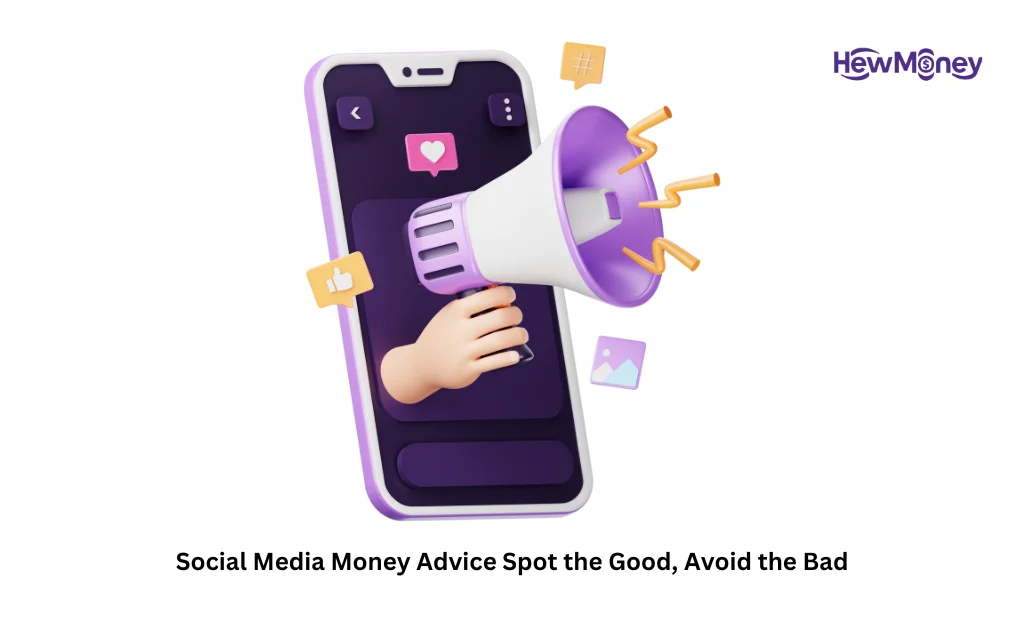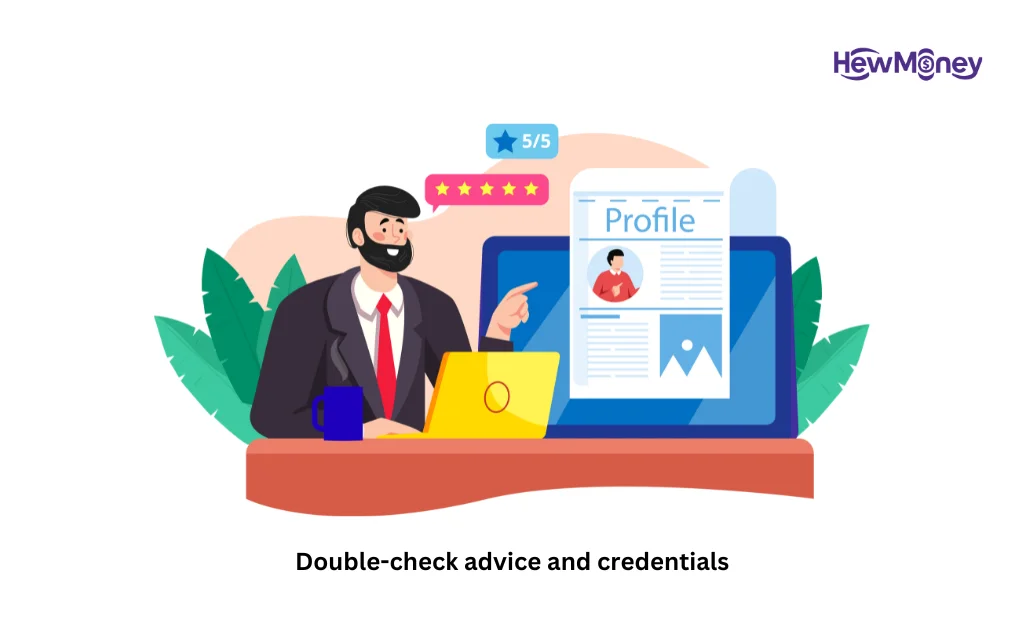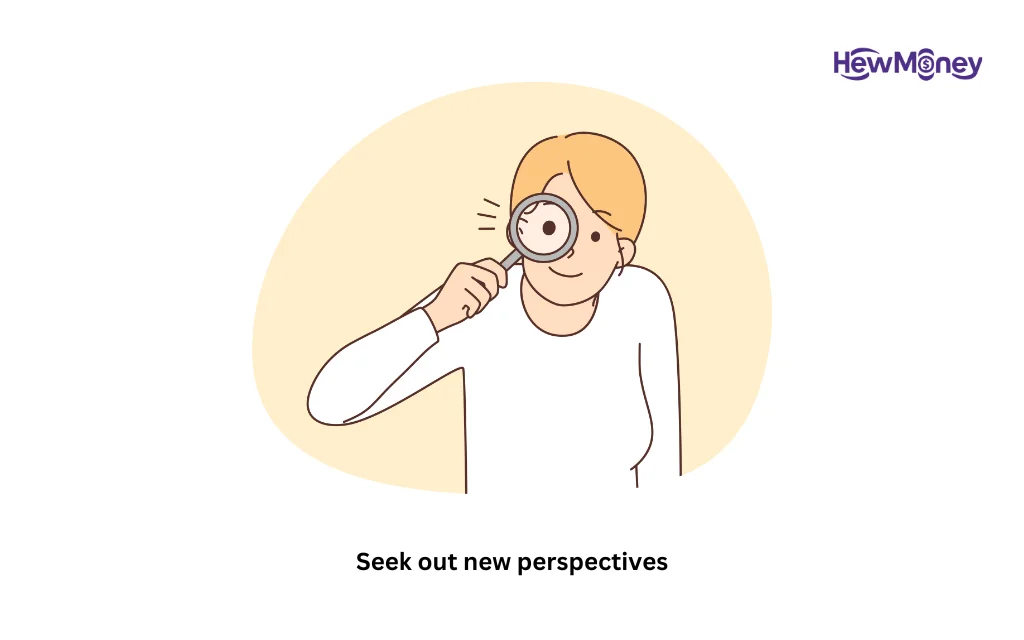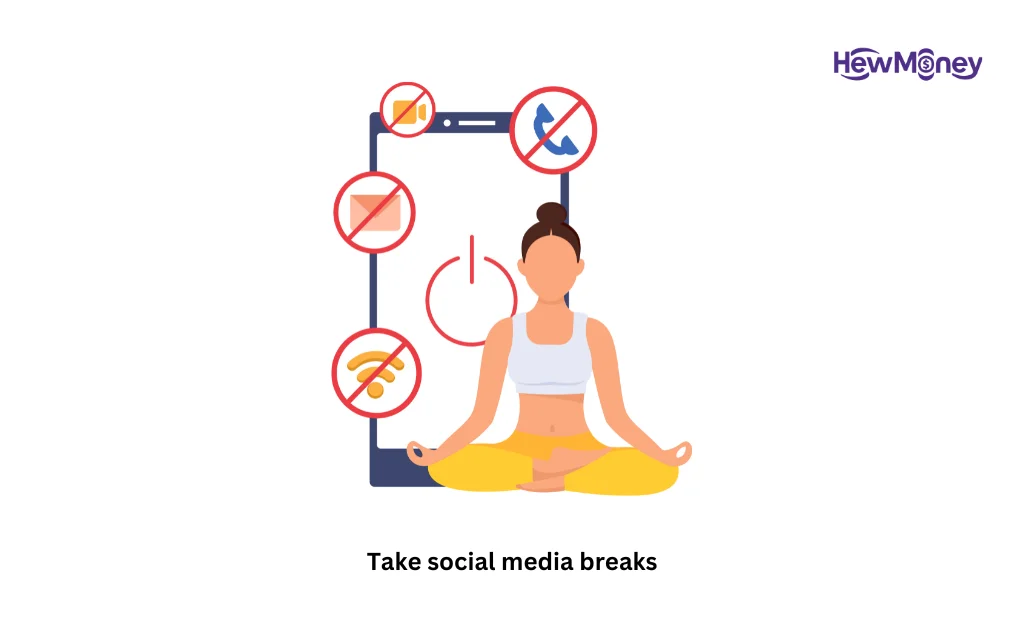By taking these precautions, you can distinguish between beneficial and detrimental financial advice on social media.
You can find new ideas about money management on social media, which popularized ideas like cash stuffing and loud budgeting. However, prolonged scrolling can also expose one to bad counsel, romanticize unachievable ambitions, and breed envy.
According to Kristy Archuleta, a professor of financial planning, housing, and consumer economics at the University of Georgia, “a lot of incorrect information is conveyed over social media that is just false.” “It is challenging for someone who might not have had a lot of life experience or financial understanding to distinguish between what is and is not true.”
Financial experts advise following these methods to identify positive financial advice on social media while avoiding negative ones.

Recognize the limits of what you see online
According to Malcolm Ethridge, a licensed financial advisor and host of “The Tech Money Podcast,” what you see online is most likely not a whole picture of the other person’s life.
According to Ethridge, you can feel that you should also buy those luxury goods if someone posts a picture of them posing with a yacht or expensive car. However, in practice, the one sharing those photos may also not be the owner. He claims that “conspicuous consumption that occurs unnecessarily is induced by social media.”
According to a 2023 NerdWallet survey, 65% of Americans think social media has made people spend more money. Furthermore, 18% of Americans claim that anything they saw on social media led them to make a bad purchase.
Double-check advice and credentials

Rahkim Sabree, a certified financial counselor and financial therapist, advises first verifying the credentials of the person offering specific financial advice when you come across it on social media.
According to him, “a lot of influencers present information that is highly subjective,” and their recommendations might only be applicable to a specific group of people, such as those who are debt-free or have substantial wealth.
Speaking in absolutes that imply everyone should always do a certain thing is a warning sign, according to Sabree, because financial guidance is rarely one-size-fits-all. “They may be endorsing a specific product, such as life insurance, or an investment plan centered on real estate or cryptocurrency,” he explains. He advises being cautious of anyone endorsing a certain product or approach without being aware of your particular situation.
Before listening to influencers’ advice, Ethridge advises looking up their names online for unfavorable comments or reviews. “Taking things at face value is one of the biggest blunders people make,” he says.
Ethridge goes on to say that after receiving poor advice on social media, he has had to assist customers in reversing some of their tax and real estate decisions. “People who do not know what they are talking about often give tax advise on social media,” he explains.
Seek out new perspectives

According to financial influencer Kyla Scanlon, author of the upcoming book “In This Economy?,” one advantage of learning about money on social media is that it allows you to find perspectives you might not otherwise find in person. How Markets and Money Actually Operate
“As you scroll through the videos, you may come across one that alters your perspective on investing, the economy, or budgeting,” Scanlon adds. “You hear perspectives from a variety of backgrounds and experiences that may not have had a platform before.”
Block negativity
“It is easy to get trapped into a cycle of stress and concern when going through social media because negative messages tend to attract more attention online,” explains Sabree. Posts that make you feel awful about your own decisions should be avoided, he advises. He claims that a lot of well-known influencers in the personal finance space use guilt and shame to garner attention, but you might not find it useful.
“Views come from freaking people out. Because it is what the algorithm rewards, the majority of people who create finance material worry people, according to Scanlon. The consumer must therefore exercise caution and ensure that they are not drawn into a doomsday loop, she continues. It can also be beneficial to block posters that make you feel bad.
Take social media breaks

After spending a lot of time on social media, Scanlon gives herself a mental vacation when she observes that her stress levels are rising. She says, “I try to remember that is not real.”
Simultaneously, Scanlon acknowledges the positive impact of social media and attempts to use it to teach financial literacy and assist others. “Despite all the negative aspects of social media, there are still a lot of positive aspects,” she explains.

